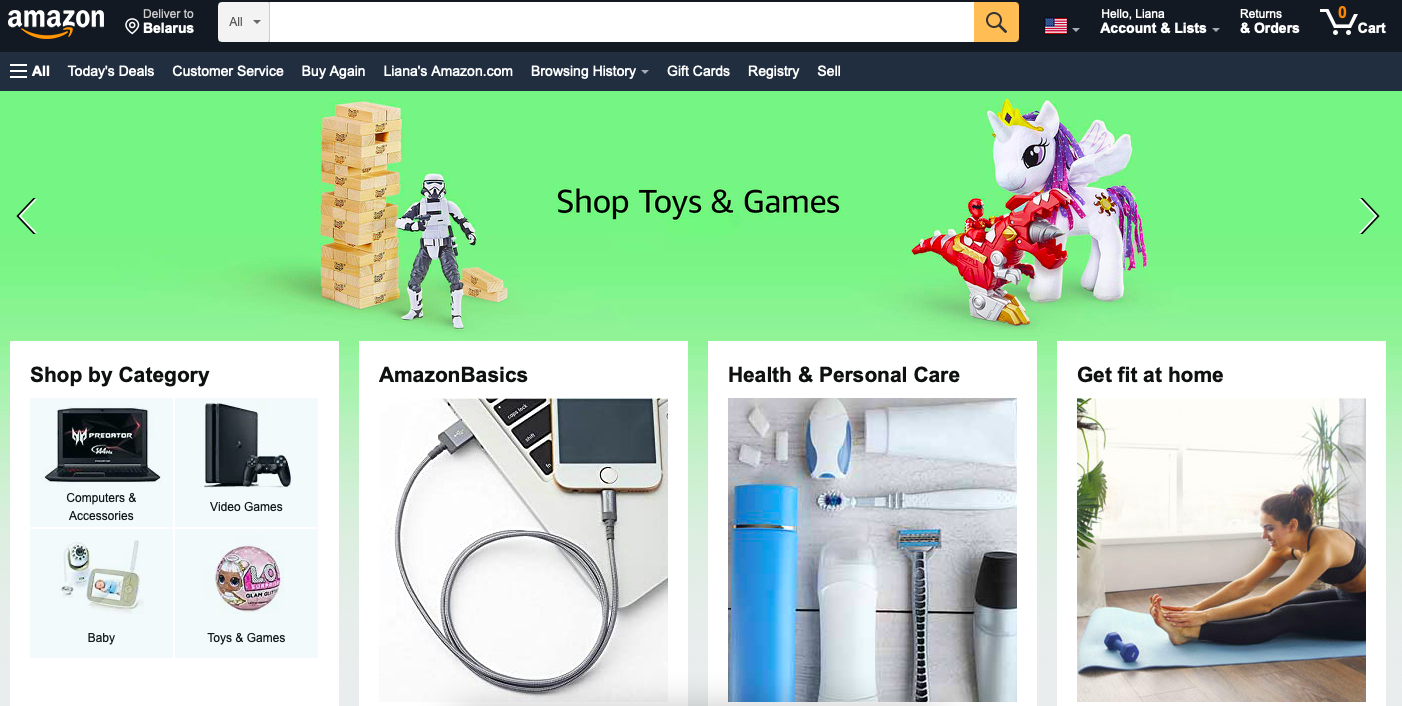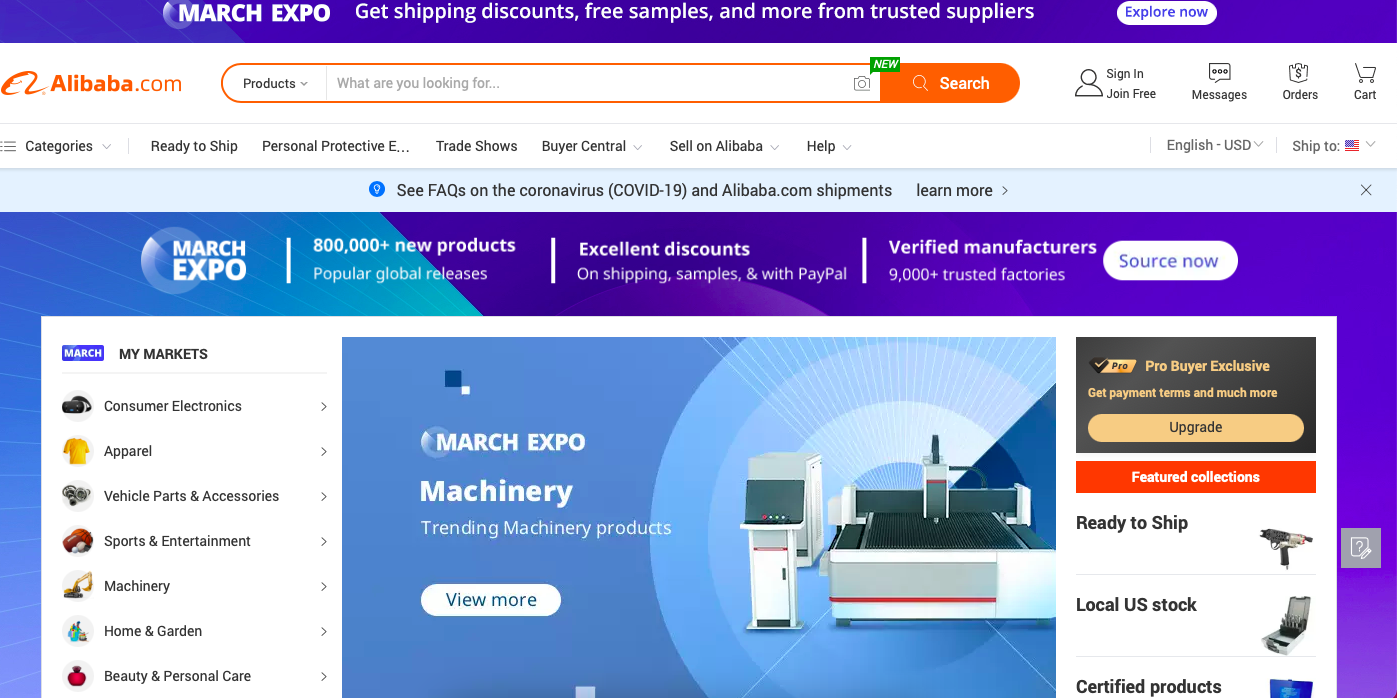Amazon, founded twenty years ago in Seattle, US by Jeff Bezos, simply drowns its e-commerce competitors and directly threatens the existence of physical stores. So…who are Amazon competitors?
Started as an online bookstore, the business now sells just about everything, including fresh groceries through Amazon Fresh, which has been successful in the US and will soon be available in France. Amazon’s business model has already contributed to the collapse of well-known Virgin Megastores, Saturn and Surcouf, and most recently Pixmania.
Amazon’s main weapons are low prices, efficient logistics, and all-inclusive services.
For example, Amazon Premium customers (annual subscription costs 49 euros) are guaranteed delivery of goods the next day after ordering.
Soooo…Who are Amazon main competitors? 2022 analysis

In May, Forbes reported that Amazon had overtaken Walmart to become the world’s largest retailer.
Every ecommerce store owner must face the reality that they are competing with Amazon.
Your industry and the size of your business doesn’t matter. If you are selling physical goods online, you are against Amazon.
They sell everything; you can even buy a ready made tiny house on their platform.
In the US alone, Amazon controls 45% of the e-commerce market. This has grown from 34% in 2016 and is expected to surpass 50% by 2021.
Simply put, Amazon is showing no signs of slowing down anytime soon.
As big as Amazon is, the company still has a fair share of competition. Streaming service Netflix competes with Amazon Prime Video. Google Home products compete with Amazon’s Alexa virtual assistant. In the cloud computing arena, Microsoft Azure and Google Cloud compete with Amazon Web Services (AWS).
And that’s just on the technology side – there are plenty of B2B and B2C e-commerce stores that keep up with Amazon and thrive.
Amazon competitors
Who is Amazon competing with? You may be surprised. From small niche websites to other retail business giants, Amazon has a ton of online competition.
Online shops
The e-commerce industry is growing exponentially. In fact, global e-commerce retail sales are expected to reach $4.8 trillion by 2021.
Like this; almost $5 trillion is up for grabs!
But think about how many online stores there are. No one directly tracks the exact number of e-commerce websites around the world. However, it is estimated that today there are more than 24 million stores selling products online.
There is only one Amazon.
Let it sink in for a moment. While Amazon may dominate, it’s just one of the millions of sites that sell online.
This is strength in its purest form. One of these websites may not have a significant share of Amazon’s market. But collectively, each online store poses a threat to Amazon.
Niche e-commerce stores
When Amazon first launched in 1994, the company specialized in selling books online. But today, a company does not necessarily have one well-defined specialization. They sell everything!
But some customers will always prefer to buy from niche stores, brands and manufacturers.
Clearly, Amazon is very good at what they do. But in terms of knowledge and quality, they cannot compete with small niche stores that are experts in a particular industry.
A few examples of niche products include beard oil, pet CBD, and vegan cosmetics. Consumers are more likely to buy similar products directly from a company that specializes in these industries.
In addition, 66% of global shoppers and 73% of millennials say they are willing to spend more money on sustainability. So, niche e-commerce sites can even charge more money for their products.
Walmart

Walmart is another global giant. This department store has net sales of $514.41 billion annually. That’s more than double that of Amazon, although most of Walmart’s sales are apparently from brick-and-mortar purchases.
There are over 11,000 physical Walmart stores in 27 countries.
While Walmart is best known for its physical department stores, this retail giant also has a strong online presence. After Amazon, Walmart is the second most popular online retailer in the US in terms of ecommerce revenue.
With Walmart’s international presence and customer base, they will be a constant threat to Amazon in the e-commerce space.
Walmart’s online sales are up 40% year-over-year. At this rate, we can expect this giant to take even more business from Amazon in the coming years.
Alibaba/AliExpress

Alibaba is a Chinese online store. This international giant specializes in online wholesale, which is a differentiating factor from Amazon.
Another unique difference between Alibaba and Amazon is the overall business model. While Amazon is fully managed under one roof, Alibaba is divided into separate divisions:
Alibaba is the company’s B2B hub, while other divisions focus on B2C and multinational brands, respectively.
As of June 2019, there are 755 million Alibaba users worldwide. The company accounts for 58% of all online retail sales in China.
On November 13, 2018, the Chinese version of Black Friday, known as Singles’ Day, Alibaba sold $30.8 billion worth of products.
With an international presence, a dominant market share in China, and B2B sales in addition to a B2C focus, Alibaba is a force to be reckoned with. Also, any website that can make $30 billion in one day can definitely beat Amazon.
To be continued
Stay tuned…
Yours, Amaz.Markets.
0

